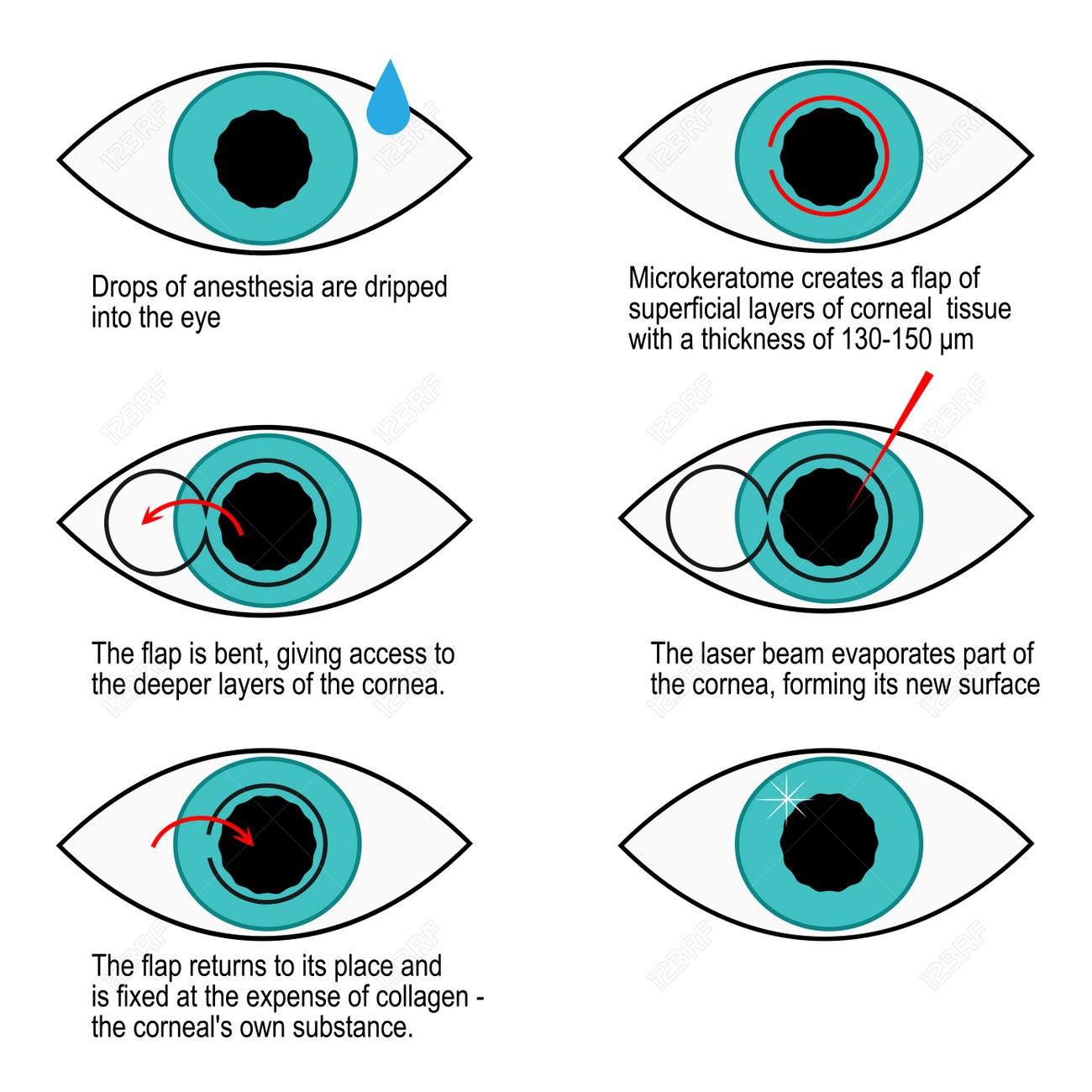Thinking About SMILE Surgery? Reveal Considerable Factors To Consider And Understandings To Sustain You In Making A Sensible Option About Your Vision Ahead
Thinking About SMILE Surgery? Reveal Considerable Factors To Consider And Understandings To Sustain You In Making A Sensible Option About Your Vision Ahead
Blog Article
Web Content Writer-Clay Patel
If you're considering SMILE eye surgical treatment, ponder this: are you prepared to welcome potential aesthetic freedom, or does the idea of any risks make you think twice? Your decision will certainly rest on a careful balance of considering the benefits versus the unpredictabilities. It's important to dig deeper right into the subtleties of SMILE surgical treatment to make an enlightened option that straightens with your aesthetic objectives.
Comprehending SMILE Eye Surgical Procedure
When thinking about SMILE Eye Surgical treatment, it is essential to recognize the treatment and its benefits. SMILE, which means Small Laceration Lenticule Removal, is a minimally invasive laser eye surgical procedure that corrects typical vision issues like myopia (nearsightedness).
During the treatment, your eye cosmetic surgeon will certainly use a femtosecond laser to develop a tiny incision in your cornea. Through this laceration, a tiny disc of cells called a lenticule is eliminated, improving the cornea and correcting your vision.
Among the key advantages of SMILE Eye Surgery is its quick recovery time. Several individuals experience improved vision within a day or two after the procedure, with very little discomfort.
Additionally, cataract surgery top doctors is known for its high success rate in offering long-term vision improvement. Unlike LASIK, SMILE does not require the production of a flap in the cornea, minimizing the risk of difficulties and allowing for an extra stable corneal framework post-surgery.
Understanding the procedure and its advantages is vital when thinking about SMILE Eye Surgical treatment for vision correction.
Benefits and drawbacks of SMILE
Taking Into Consideration SMILE Eye Surgery for vision adjustment includes various benefits and prospective disadvantages.
Among the primary pros of SMILE is its minimally intrusive nature, as it involves a little laceration and normally results in quick healing times. The procedure is also known for triggering marginal discomfort and completely dry eye signs post-surgery contrasted to other vision improvement techniques. Additionally, SMILE has been shown to offer exceptional visual results, with lots of people achieving 20/20 vision or better.
On the other hand, a potential disadvantage of SMILE is that it may not appropriate for people with extreme refractive errors, as the treatment range is somewhat restricted contrasted to LASIK. An additional consideration is that the knowing curve for specialists applying SMILE can influence the schedule of knowledgeable service providers in particular locations.
It is essential to consider these advantages and disadvantages very carefully when making a decision if SMILE is the ideal selection for your vision correction requirements.
Determining Qualification for SMILE
To figure out if you're eligible for SMILE eye surgery, your eye doctor will certainly perform a comprehensive analysis of your eye wellness and vision requirements. Throughout this assessment, variables such as the security of your vision prescription, the thickness of your cornea, and the overall health of your eyes will be evaluated.
Usually, candidates for SMILE more than 22 years old, have a secure vision prescription for at the very least a year, and have healthy corneas without conditions like keratoconus.
Your optometrist will likewise consider your general eye wellness, any kind of existing eye problems, and your way of life needs to establish if SMILE is the right selection for you. It's vital to interact any certain visual demands or worries you may have throughout this examination to guarantee that the therapy straightens with your assumptions.
If you aren't qualified for SMILE, your eye doctor might suggest different vision modification options that far better suit your individual demands and eye wellness standing.
Verdict
Ultimately, determining whether SMILE eye surgical treatment is right for you needs careful consideration of your private eye health and visual needs. Speak with your ophthalmologist to identify your eligibility for the treatment and evaluate the prospective advantages and drawbacks. Bear in mind to connect any kind of issues or questions you may have during the examination process to make an informed choice regarding your vision adjustment alternatives.
